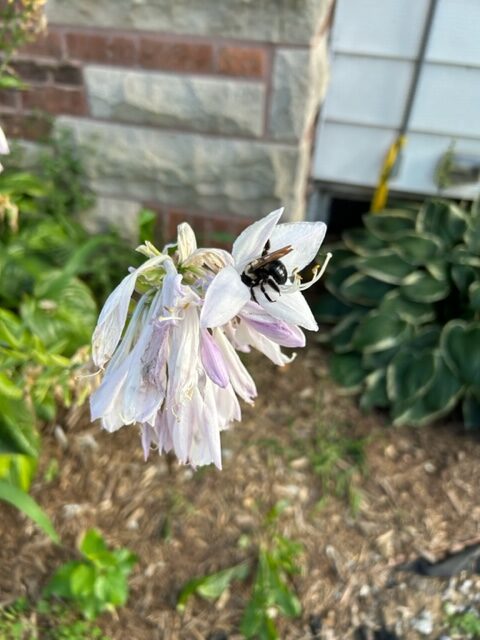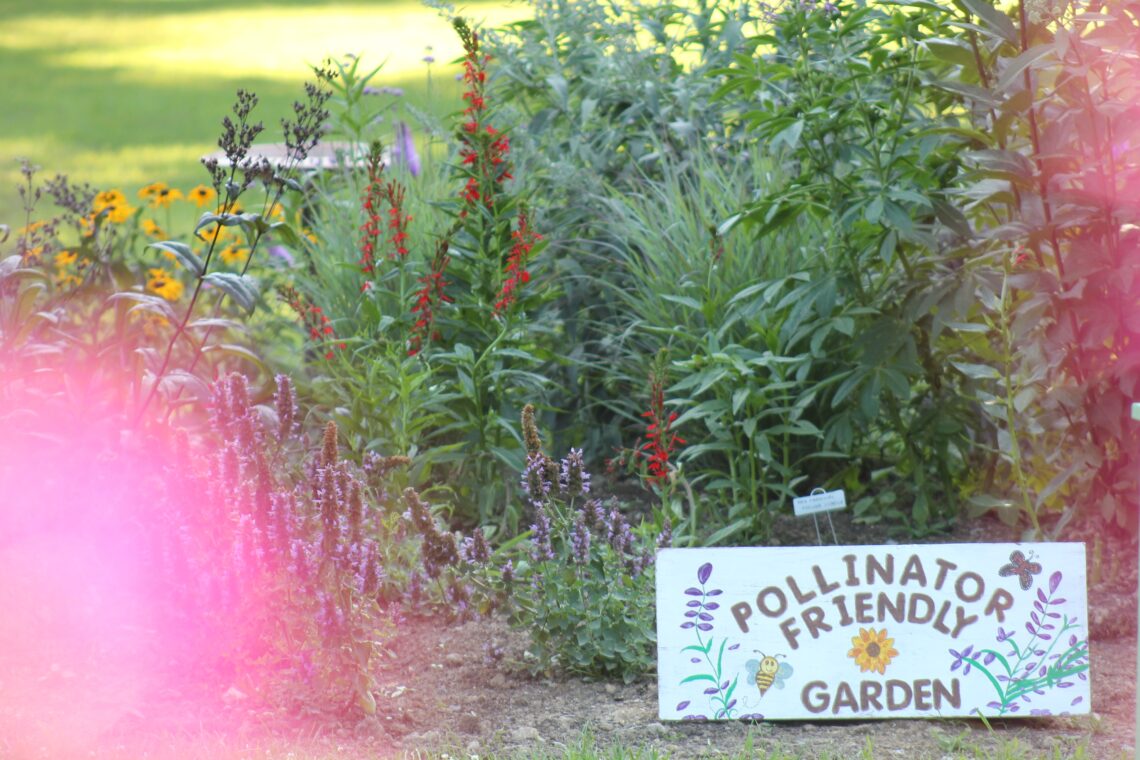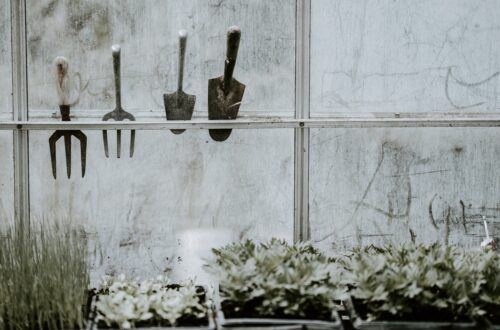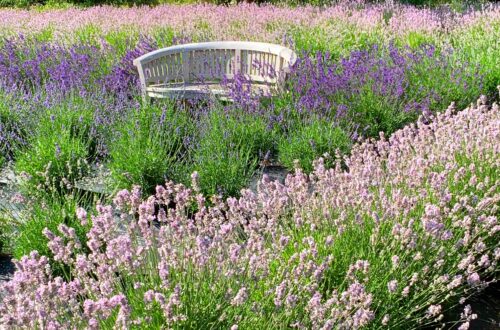
As gardeners, we understand the essential role that pollinators play in the flourishing of our plants. Whether you’re growing vegetables, fruits, or ornamental flowers, attracting pollinators to your garden is a smart and eco-friendly way to ensure a bountiful harvest and a vibrant, thriving garden ecosystem. So let’s explore the fascinating world of pollinators, why they’re crucial to your garden, and some tips on how to create a pollinator-friendly haven right in your backyard.
The Importance of Pollinators
Pollinators are vital to the plant kingdom. They facilitate the reproduction of flowering plants by transferring pollen from the male parts of a flower (the stamen) to the female parts (the pistil). This process leads to the formation of fruits, seeds, and the continued growth of plant species. Without pollinators, our gardens and ecosystems would suffer from a lack of diversity and abundance.
Common pollinators include bees, butterflies, moths, hummingbirds, and even some types of flies. These creatures visit flowers in search of nectar and pollen to feed themselves and their young, inadvertently pollinating the plants in the process.
Now, let’s dive into some effective ways to make your garden an attractive destination for these valuable pollinators.
Choose a Variety of Plants
To entice a diverse range of pollinators to your garden, plant a variety of flowers, shrubs, and trees that bloom at different times throughout the year. Different species of pollinators are active during various seasons, so a continuous source of nectar and pollen is crucial. Native plants are an excellent choice, as they often have a long-standing relationship with local pollinators.
Create a Pollinator-Friendly Habitat
Pollinators need more than just flowers. Offer them shelter and water sources as well. You can add bird baths, small ponds, or even damp sand for butterflies and bees to gather water and minerals. Additionally, create habitat niches like bee hotels and hummingbird feeders to provide safe spaces for these creatures to rest and nest.
Avoid Pesticides and Chemicals
Pesticides and chemicals can harm or even kill pollinators. Opt for organic gardening practices, which reduce the use of harmful chemicals, ensuring that your garden remains a safe haven for these essential insects and animals.
Provide a Variety of Flower Shapes and Colors
Different pollinators are attracted to specific flower shapes and colors. For instance, butterflies are drawn to brightly colored, flat-topped flowers, while bees are attracted to blues, yellows, and whites. By planting a diverse range of flowers, you can cater to a broader spectrum of pollinators.
Practice Companion Planting
Certain plants have a natural symbiosis with specific pollinators. For example, milkweed is the primary food source for monarch butterfly larvae. By incorporating such plants into your garden, you’ll attract not only adult pollinators but also their offspring.
Maintenance and Planning
Regular maintenance and careful planning can make your garden even more pollinator-friendly. Deadhead spent flowers to encourage more blooms, and prune overgrown shrubs to provide better access for pollinators. Also, consider planning your garden to include a sequence of blooming plants throughout the growing season to ensure a continuous supply of nectar and pollen.
Attracting pollinators to your garden isn’t just about creating a visually stunning and colorful space. It’s about fostering a thriving ecosystem and ensuring the health and productivity of your plants. By following these tips and embracing sustainable gardening practices, you’ll be well on your way to creating a haven for pollinators in your own backyard. Remember, when you support pollinators, you’re supporting the health of the planet and ensuring the future of our gardens. So, roll up your sleeves, dig in, and let the pollinators do their magical work!





